
Australia is comparatively insulated from the direct effects of the Russia-Ukraine conflict, but we have been warned to brace for strategic and economic fallout.
Prime Minister Scott Morrison joined leaders from around the world on Thursday, condemning Russian President Vladimir Putin’s invasion of Ukraine as a “flagrant breach of international law”.
Mr Morrison declared that “Russia has chosen war” and followed many Western countries in announcing an expansion of Australian sanctions on key political and military figures in Russia.
And while he conceded that such measures were unlikely to change the course of Russian action, he said that they were needed to punish individuals and send a clear message.
What does Vladimir Putin’s extraordinary action mean for Australia?
Although the invasion of Ukraine is taking place more than 12,000 kilometres from Australia’s borders, the fast-changing situation nonetheless carries heavy economic, and potentially security, consequences for Australia.
Market downturn
Australia has already been hit by a downturn across the global financial markets; further costs from insecurity in Europe are certain.
On Thursday, the price of oil and gold rose, money poured into safe assets such as bonds, while risky options such as equities fell sharply; the Australian sharemarket was down three per cent.
Our economic ties to Russia are marginal (it’s our 46th largest trading partner, with two-way trade amounting to less than $1.2 billion).
But it is a significant global producer of oil and could influence global prices.
That would lead immediately to rising prices for Australian consumers.
Given oil’s critical role throughout economies, for the supply and creation of goods, a price rise could come at a particularly unfortunate time for the global economy as the world tries to recover from the COVID-19 pandemic.
Brent crude oil climbed to reach $102 a barrel on Thursday, its highest point since 2014.
The conflict will likely push markets to higher and higher prices with the effect of fuel costs in Australia reaching over $2 a litre, Vlado Vivoda, a senior lecturer in strategic studies at the Australian War College, says.
“Russia is the third-largest producer and accounts for about 10 per cent of global oil supplies,” Dr Vivoda said.
“Of that about 60 to 70 per cent gets exported – it’s the second largest exporter – so Russia accounts probably for about 10 to 15 per cent of internationally traded oil. That’s a lot.”
Australia does not import its oil from Russia. But it is heavily dependent on oil imports generally as local refineries have progressively shut down.
These fluctuations are already forecast to send the price of oil as high as $125 a litre, according to projections from JP Morgan.
But prices could rise even further if Russia withdrew supply in retaliation to punitive economic measures from western countries.
“That leaves us pretty much at the mercy of the global price movements,” he said.
“Australia is absolutely vulnerable to these price fluctuations, and there is nothing really the government can really do.”
Disregard for sovereignty
Russia’s disregard for sovereignty and international rules also draws an obvious parallel, according to Dr Robert Horvath, a specialist on Russian Politics at La Trobe University.
“We are witnessing an authoritarian, great power crushing a medium-sized democracy,” Dr Horvath said.
The extent to which China – which says a regard for international borders is fundamental to its foreign policy – will support Russian actions has been the subject of considerable speculation since Mr Putin and Chinese leader Xi Jinping met in Beijing earlier this month.
But the two enjoy a historically close relationship and a common interest in testing Western power.
“It’s an alliance of convenience,” Dr Horvath said.
“There are all sorts of sources of potential tension and rivalry between Russia and China,” he explained.
“But they benefit from the way that they are, together, undermining Western democracies and undermining the post-Cold-War, rules-based international order.”
Dr Horvath said Mr Putin’s pretext for war – he said the military action was designed to demilitarise and “deNazify” Ukraine but not occupy it – suggested his motivation was driven by domestic politics and growing international isolation.
That makes the future trajectory of any military action, and its consequences, very difficult to predict.
“I think it’s a reason for us to be very concerned,” Dr Horvath said, adding “Putin is someone who I think is not in a good space at the moment.
“He was exposed to the world as someone who’s prepared to use banned chemical weapons to kill his main domestic political opponents.”
Dr Horvath said Mr Putin had been exposed as “a killer and as deliriously corrupt” and he needed to change the subject.
“When he invaded Crimea [in 2014], his popularity ratings were quite low. He was still recovering from the protests over fraudulent elections in 2011,” he said.
“And Crimea transformed him from this ageing leader who’d been around for too long into a war hero who had helped to recover historic Russian territory.”



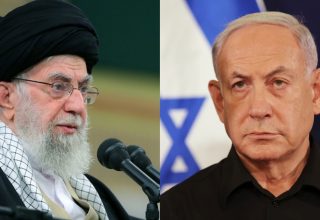

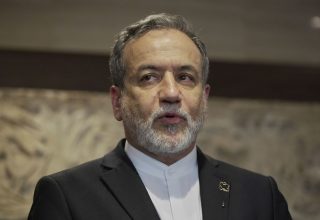
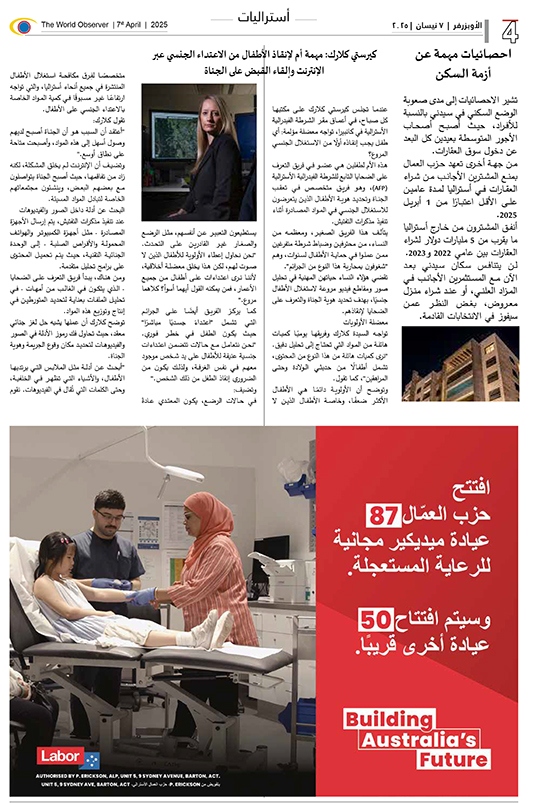
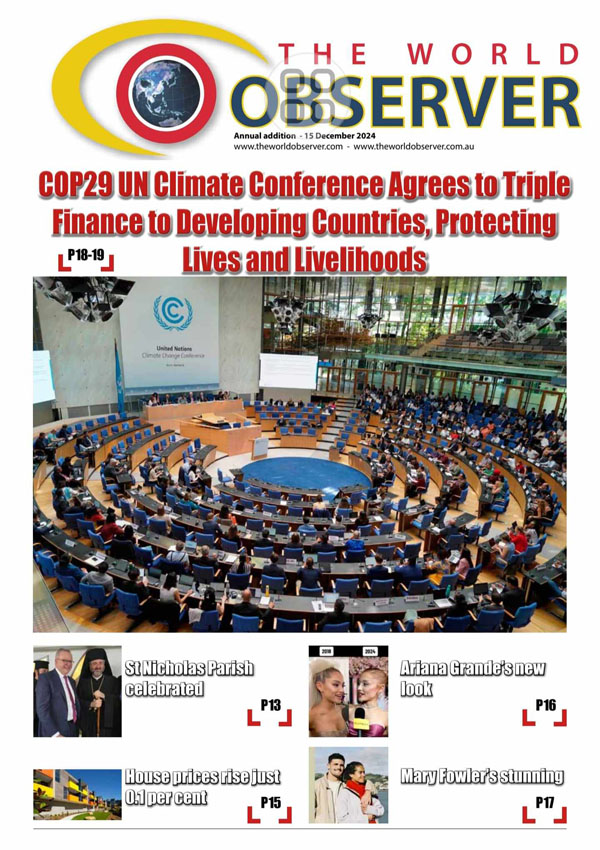
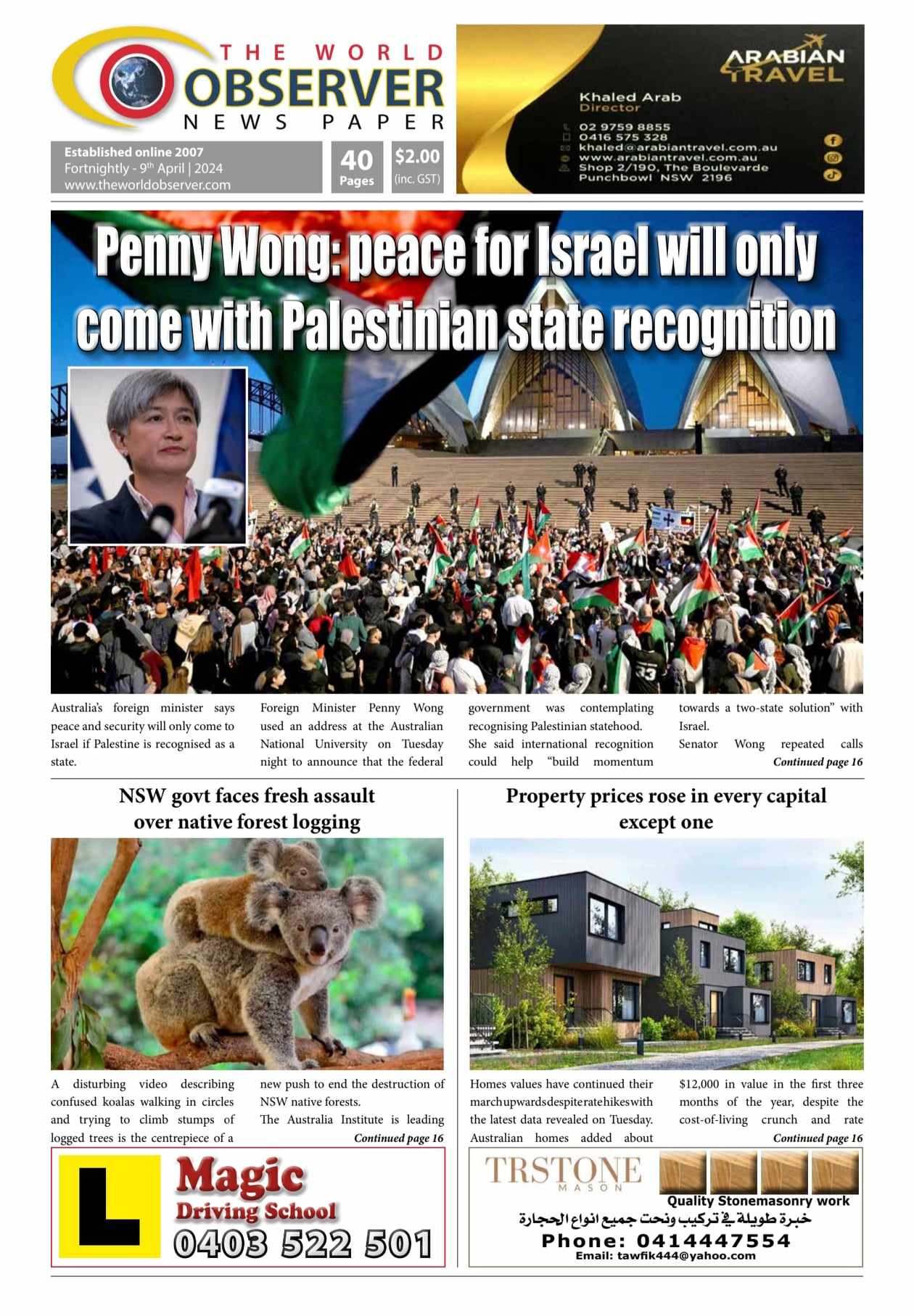

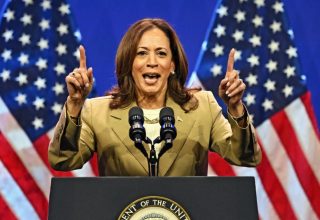



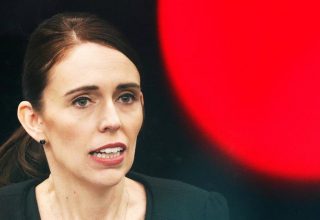




















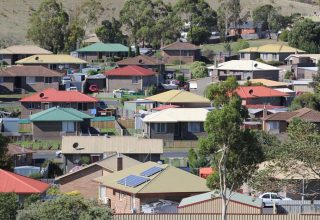

 The World Observer Media produces a daily online newspaper, a daily Arabic online newspaper and a monthly printed Arabic/English magazine and a weekly printed Arabic/English newspaper.
The World Observer Media’s mission is to entertain and educate all generation from the Ethnic Communities in Australia, who are interested in local, national and foreign information.
The World Observer Media produces a daily online newspaper, a daily Arabic online newspaper and a monthly printed Arabic/English magazine and a weekly printed Arabic/English newspaper.
The World Observer Media’s mission is to entertain and educate all generation from the Ethnic Communities in Australia, who are interested in local, national and foreign information. 


